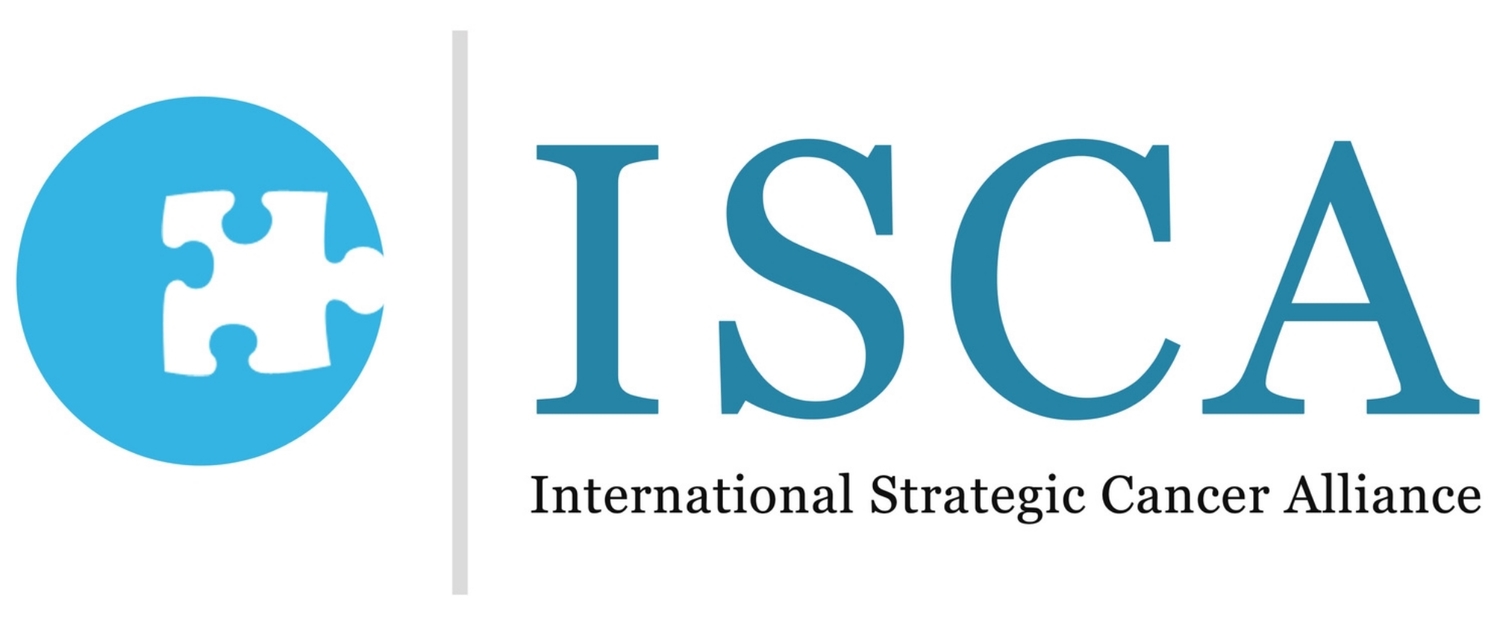For women on HRT, tenderness may be warning sign By Julie Steenhuysen Tue Oct 13, 10:28 am ET
CHICAGO (Reuters) – Women whose breasts became tender after taking hormone replacement therapy had nearly twice the risk of developing breast cancer than women whose breasts did not become tender on the drugs, U.S. researchers said on Monday.
They said breast tenderness may be a way to identify women who have a higher risk of developing breast cancer while taking hormone replacement therapy to treat menopause.
"We report that an increase in breast tenderness, easily detected by physicians or patients, identifies a population at particular risk for breast cancer," Dr. Carolyn Crandall of the University of California Los Angeles and colleagues reported in the Archives of Internal Medicine.
The team analyzed data on the more than 16,000 women who took estrogen-plus-progestin as part of the widely publicized Women's Health Initiative or WHI study, which was halted in 2002 when researchers found healthy menopausal women who took the drugs were more likely to develop breast cancer.
Most of the women in the WHI studies took Premarin or Prempro made by Wyeth.
Doctors now recommend hormone replacement therapy for women suffering severe menopause symptoms, but caution that they should use the lowest dose possible for the shortest period of time.
Crandall and colleagues culled through the data to see if breast tenderness played a role in breast cancer risk. In the study, 8,506 took estrogen plus progestin and 8,102 got placebo pills.
The women had mammograms and breast exams at the start of the trial and every year after that. They reported whether they had breast tenderness at the beginning of the trial and a year later.
Based on their analysis, the researchers found women who took hormone treatments had triple the risk of developing breast tenderness.
And those who had breast tenderness after taking the pills were at 48 percent higher risk of invasive breast cancer than other women who took hormone replacement therapy.
The team said the relationship between breast tenderness and breast cancer risk was not clear.
It may be that hormone therapy is causing breast-tissue cells to multiply more rapidly, but the team could not tell that by the study, Crandall said.
"We need to figure out what makes certain women more susceptible to developing breast tenderness during hormone therapy," Crandall said in a statement.
The team said breast tenderness while taking combination hormone therapy "may be a marker of increased breast cancer risk," and women who develop breast tenderness after taking the drugs should consult their doctors about whether they should continue on the therapy.
Wyeth said in a statement that while the findings are interesting and may warrant further study, breast tenderness is not an established risk factor for breast cancer.
They said breast tenderness can occur in up to 25 percent of women after starting combined hormone therapy and is usually transient.
"Wyeth continues to support the appropriate use of hormone therapy and recommends that it be used at the lowest dose for the appropriate duration consistent with treatment goals and risks for the individual woman," the company said.
More than 400,000 women die from breast cancer globally each year. About 75 percent of breast cancers are estrogen-receptor positive, meaning they are fed by estrogen.

